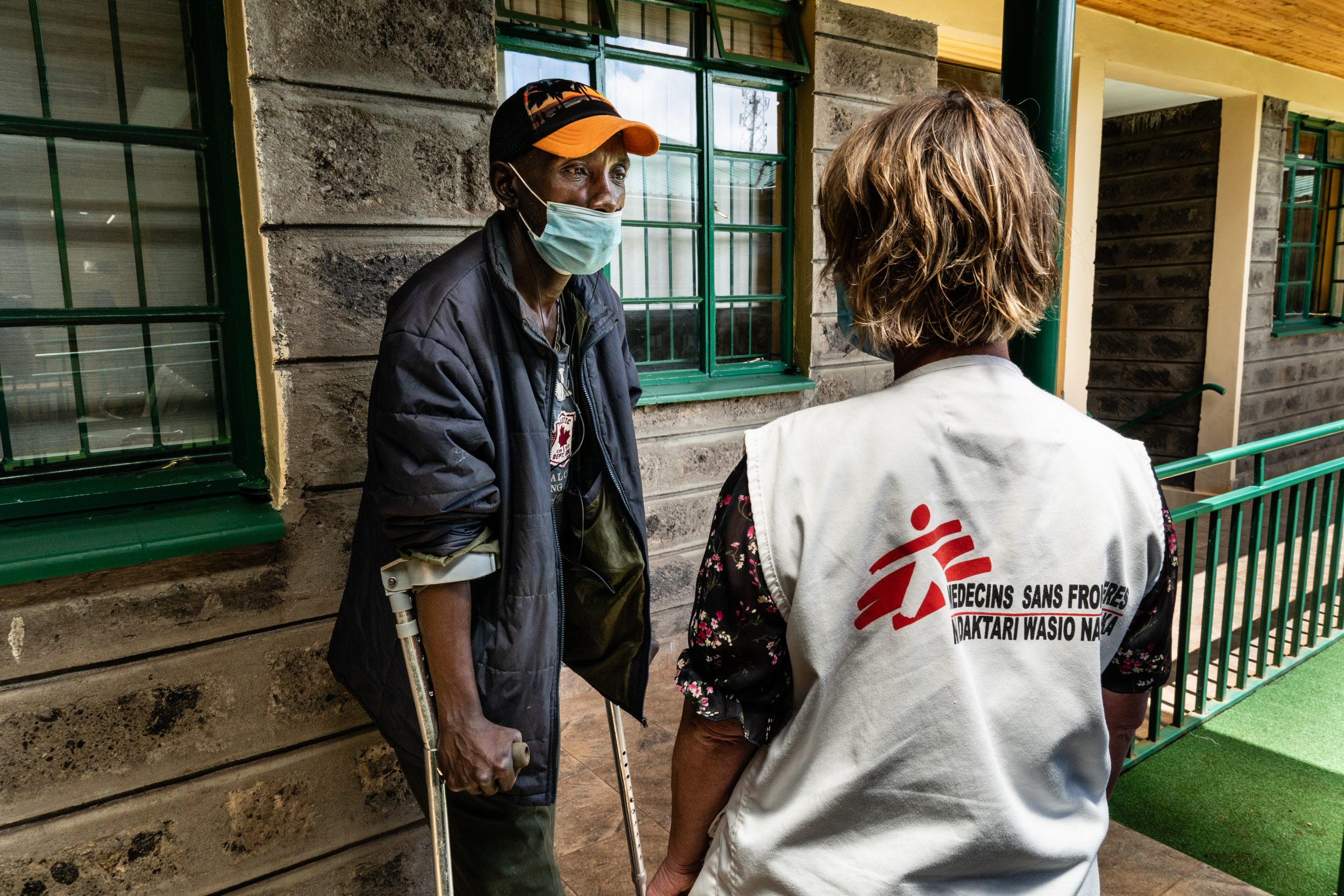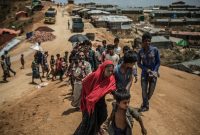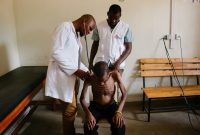Gaps in Global Aid
Medical care is just one of the many urgent needs faced by people in crisis, who also frequently lack access to food, shelter, clean water and protection from violence. The United Nations estimates that nearly 340 million people are in need of humanitarian assistance in 2023, an increase of almost 60 million over the previous year.
Responding to these needs – through building and managing camps to house people who have been displaced, distributing food assistance, or providing access to clean water and sanitation – is the function of the international humanitarian system, made up of a network of governments, UN agencies and donors, and humanitarian organizations.
As a worldwide medical relief organization, Doctors Without Borders/Médecins Sans Frontières (MSF) is a participant in the international humanitarian system; at the same time, MSF has for much of its history played a distinctive role within it. As one of the few international organizations that depends almost entirely on donations from private individuals – rather than from governments or large institutions – for its funding, MSF can act independently, and has frequently used this vantage point to highlight principled as well as practical concerns with decisions made elsewhere in the aid sector and in the United Nations-led international system.
Although such public critiques have sometimes given MSF a reputation for arrogance or an inability to compromise and work with others, they are consistent with one of MSF’s core principles: témoignage, or “bearing witness.” By speaking out about the harmful conditions we see being faced by the people we seek to work with and assist – and, more specifically, by identifying the factors that either create those conditions or prevent us from working effectively to alleviate them – MSF aims to fulfill its foundational purpose of alleviating suffering, avoiding preventable deaths and upholding human dignity. We undertake this work regardless of political, financial or multilateral considerations, and in keeping with our fundamental humanitarian principles.
Why it matters to Canadians
Canada is an important driving force in the international humanitarian system, not only as a major donor but as an influential member state of the global community, with a history of taking a leadership role in response to humanitarian crises. In 2021-22, Canada spent just over $8.4 billion in international assistance, on sectors including health, education and water and sanitation. More than $1 billion went specifically to humanitarian assistance in response to acute crises.
This financial support gives Canada’s government a crucial role in the delivery of both humanitarian and development assistance activities around the world. It also gives Canada the ability to make a clear impact in places where the needs are greatest, and to intervene effectively to alleviate human suffering when disasters or other emergencies occur.
In order to maintain our neutrality, impartiality and independence, MSF does not accept funding from most governments. We depend on private funding from individual donors for more than 97 per cent of our revenues, rather than from governments or large institutions.
Canada is one of only three countries from which we are willing to accept public institutional funding (the other two are Japan and Switzerland, all three of which combined to form 1.5% of our total income in 2021). This relationship allows MSF to engage in regular dialogue with Canada’s officials responsible for international humanitarian assistance, and to highlight areas of concern that our teams are witnessing on the ground in places like Bangladesh, Democratic Republic of Congo and South Sudan.





